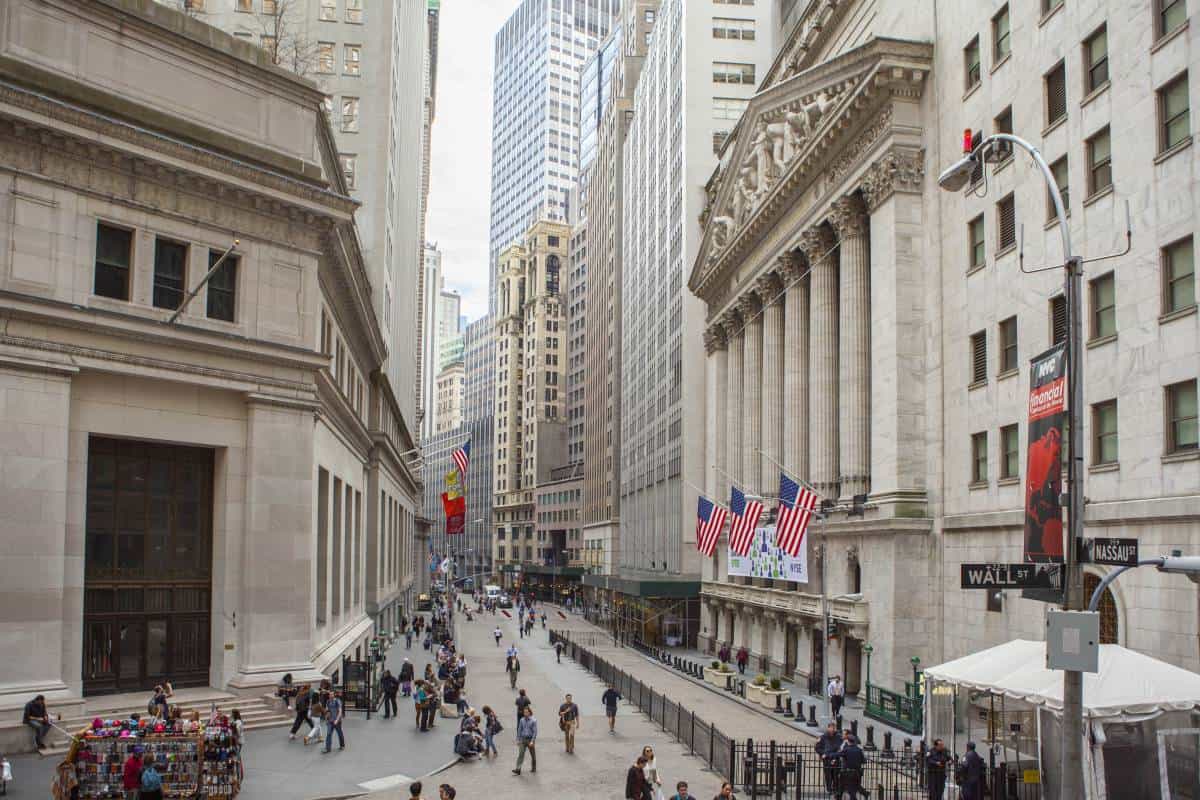Shares are mixed in Asia after Wall Street benchmarks ended last week on a high note. Markets fell in Tokyo but advanced elsewhere in the region.
The year has begun with optimism that cooling inflation could lead the Federal Reserve to ease off soon on sharp interest rate hikes that slow the economy and risk causing a recession. They also hurt investment prices. Tokyo’s Nikkei 225 lost 1.1% to 25,822.32.
The Hang Seng in Hong Kong gained less than 0.1% to 21,746.72 and the Kospi in Seoul added 0.6% to 2,399.66. The Shanghai Composite index added 1% to 3,227.59. Australia’s S&P/ASX 200 was up 0.8% to 7,388.20. Taiwan also advanced.
Bangkok’s SET index gained 0.5% on forecasts for a turnaround for the economy, which has been battered by the pandemic.
Analysts said buying was driven by a strengthening in the baht and growing confidence that a return of Chinese tourists after Beijing relaxed COVID-19 restrictions would give local businesses a needed boost.
On Friday, the S&P 500 rose 0.4%, closing out its best week in two months. It is holding onto a 4.2% gain for 2023 so far.
The Dow Jones Industrial Average rose 0.3% and the Nasdaq rose 0.7%. Slowing segments of the economy and still-high inflation are dragging on profits for companies, which are one of the main levers that set stock prices.
Friday marked the first big day for companies in the the S&P 500 to show how they fared during the final three months of 2022, with a bevy of banks at the head of the line.
JPMorgan Chase rose 2.5% after beating analysts’ expectations for earnings and revenue. Bank of America also shook off a morning stumble to rise 2.2% after reporting better results than expected. Bank of New York Mellon rose 1.8% following its earnings release and announcement of a program to buy back up to $5 billion of its stock.
On the losing end was Delta Air Lines, which sank 3.5% after it gave a forecast that thudded onto Wall Street. Despite reporting stronger results for the end of 2022 than expected, its forecast for profit this quarter fell short of analysts’ expectations.
One big worry on Wall Street is that S&P 500 companies may report a drop in profits for the fourth quarter from a year earlier. If the economy does fall into a recession, as many investors expect, sharper drops for profits may be set for 2023.
That’s why the forecasts for upcoming earnings that CEOs give this reporting season may be even more important than their latest results.
The Federal Reserve has been intent on such numbers staying low. Otherwise, it could cause a vicious cycle that would only worsen inflation. Consumers could start accelerating their purchases in hopes of getting ahead of higher prices, for example, which would only push prices higher.
In other trading Monday, U.S. benchmark crude oil lost 80 cents to $79.06 per barrel in electronic trading on the New York Mercantile Exchange. Brent crude, the pricing standard for international trading, gave up 87 cents to $84.41 per barrel in London.
The dollar was trading at 128.81 Japanese yen, down from 127.87 yen. The euro bought $1.0811, down from $1.0830.

